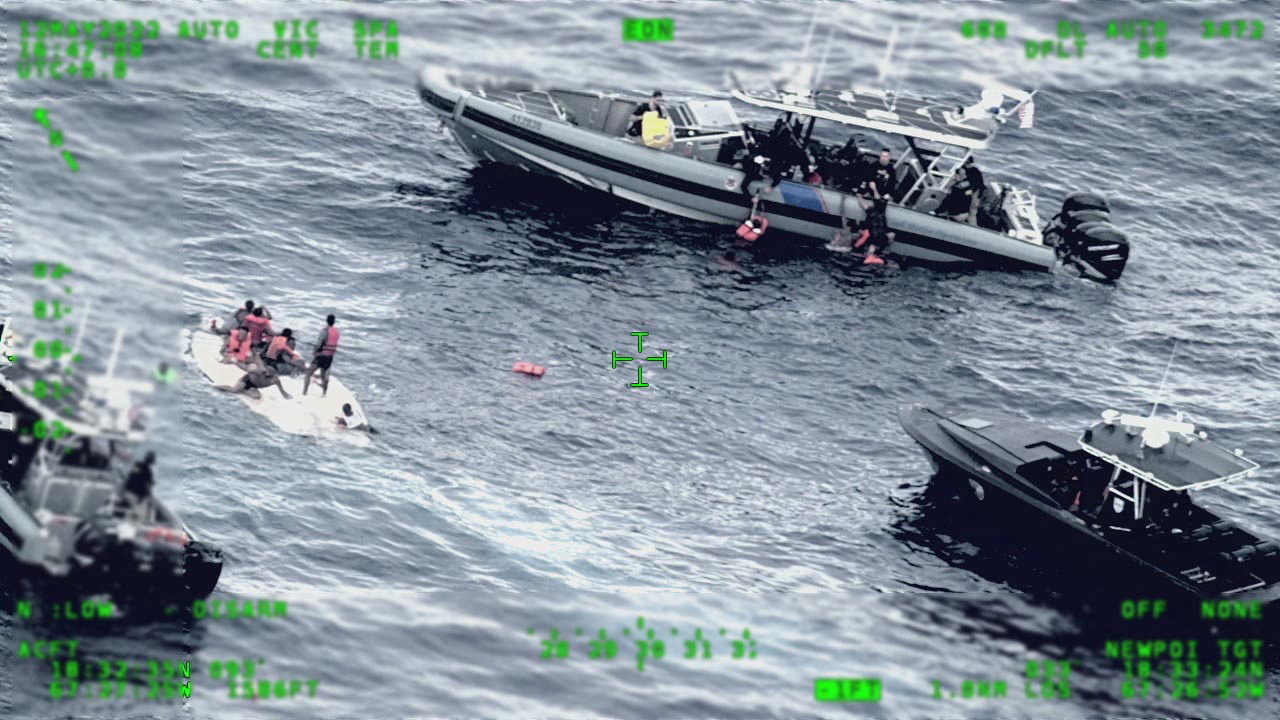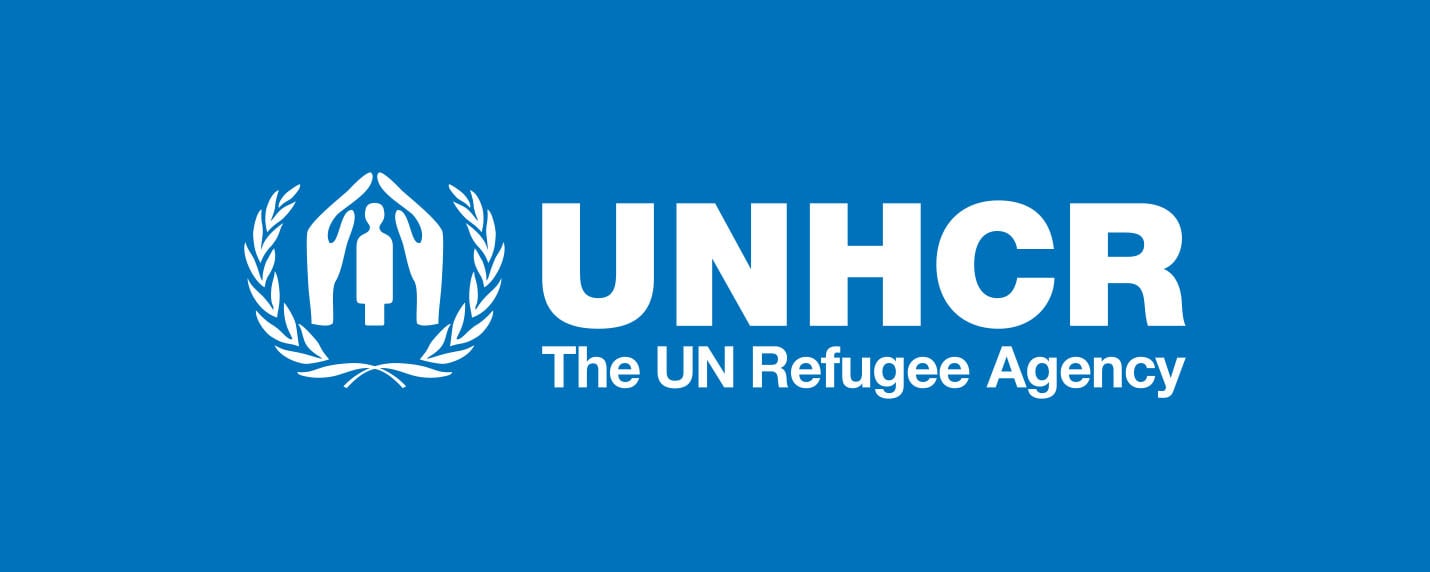UNHCR and partners help sea crossing survivors in Libya detention centres
UNHCR and partners help sea crossing survivors in Libya detention centres

GENEVA, April 28 (UNHCR) - As Europe responds to the problem of dangerous mixed migration flows across the Mediterranean, the UN refugee agency and its partners have been assisting hundreds of people in Libya rescued at sea or intercepted by the coastguard.
UNHCR has been able to help some of the 1,242 people picked up in Libyan waters and mostly taken to immigration detention centres since mid-April. A series of deadly capsizings since mid-April has focused global attention on the risks refugees and migrants are willing to take to reach Europe.
Those taken to detention centres in Libya include a group of more than 200 people from the Horn of Africa intercepted at Tajura (16 kilometres east of Tripoli). Four of them, including a two-year-old boy and his mother, had serious burn injuries caused by an exploding gas cylinder before they set off to cross to Europe on a smuggler's boat.
"UNHCR is aware of at least 2,663 migrants or asylum-seekers (including women and children) spread across eight immigration detention facilities across Libya run by the Department for Combatting Illegal Migration (DCIM) - a significant increase from the 1,455 people in detention a month ago," spokesperson Ariane Rummery said Tuesday.
"The main nationalities in the centres are Somalis, Eritreans, Ethiopians and Sudanese as well as people from various West African countries. UNHCR understands that 15 immigration centres are now operational across the country," she told journalists in Geneva.
Foreigners in Libya can be arrested for lack of lawful immigration status and can spend anything from one week to 12 months in detention. "UNHCR can generally organize the release of refugees and asylum-seekers registered with our office within a few days, although our capacity to register new arrivals to Libya is limited in the current security environment. We also advocate for the release of very vulnerable people, like pregnant women, and also for alternatives to detention, if possible," Ariane explained.
UNHCR's local staff and partners who visit immigration detention centres say conditions are poor, with urgent needs for more medical help, improved ventilation and sanitation as well as basic relief items. With the rate of detention on the rise, overcrowding compounds already tough conditions.
In some centres, more than 50 people are crowded into rooms designed for half that number. Temperatures are on the rise, as are the mosquitos which could spread disease. At the request of local authorities, UNHCR is helping to ease the dire conditions and distributing soap, clothing and other items to detainees in eight centres.
There are some 36,000 refugees and asylum-seekers registered with UNHCR in Libya (though some may have moved on) and affected by the growing violence and lawlessness. The largest group are Syrians. But despite the volatile situation, UNHCR continues to help refugees and asylum-seekers, working through national staff and NGO partners.
"We run two community development centres in Tripoli and Benghazi and have also expanded outreach this year through a mobile medical and social team in Tripoli. We also run dedicated hotlines to help people get registered, receive cash assistance, renew documents, or who are in detention. We are setting up another hotline with the Libyan coastguard to receive search-and-rescue updates," UNHCR's Rummery said.
Meanwhile, UNHCR continues to deliver aid like mattresses, blankets, clothing and kitchen utensils to thousands of internally displaced Libyans, and is supporting municipal authorities to track displacement and assess needs. Some 400,000 Libyans have been displaced by various waves of violence, according to UN figures.








